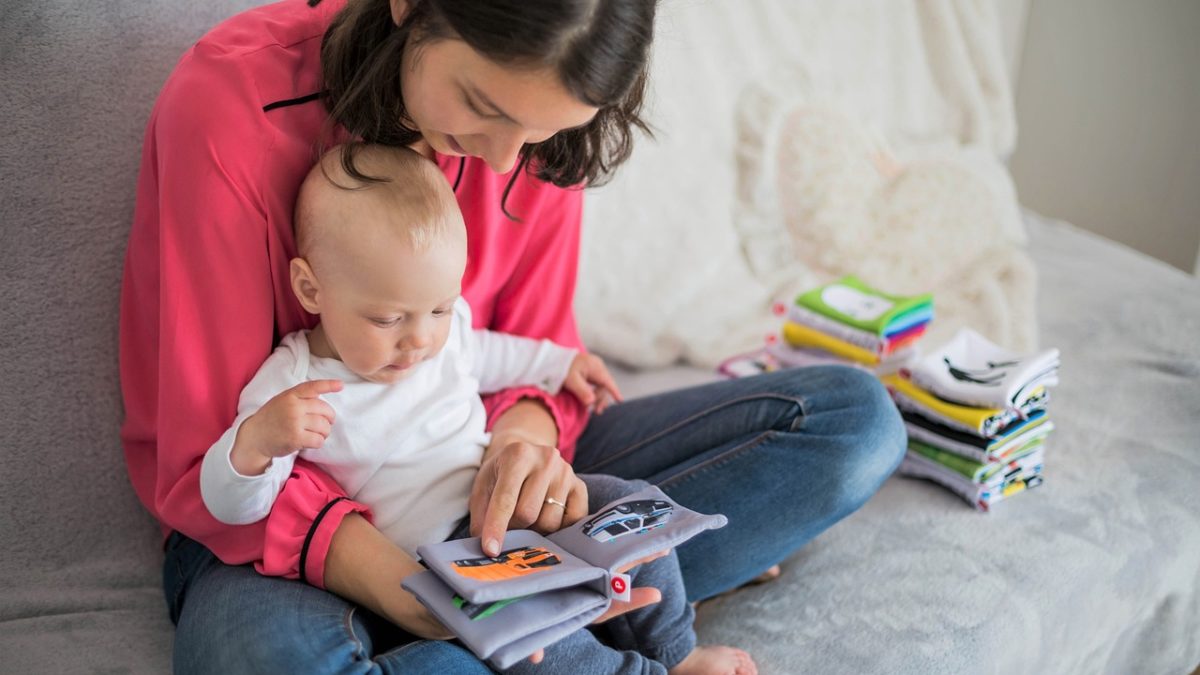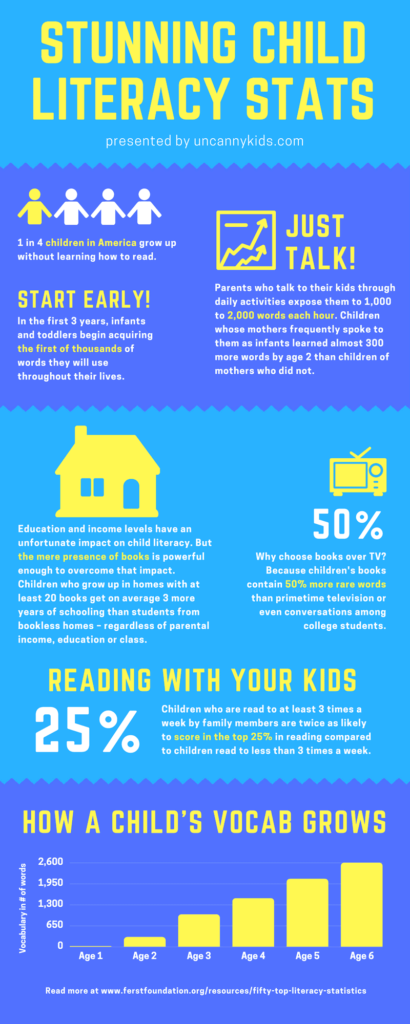Are Brains Built or Born?

Brains are built, not born.
What happens in children’s early years sets the foundation for all the years that follow. Child development is a dynamic, interactive process that is not predetermined. It occurs in the context of relationships, experiences and environments. That’s because as Harvard University pediatrician Jack Shonkoff says, “brains are built not born.” Understanding this concept is ensuring that each child has the opportunity to realize his or her potential.
The brain is one of the only organs not fully developed at birth. Most of the cells are there, but the connections- the wiring that forms the architecture- is not. These connections develop in early childhood. Every experience a baby has, forms a neural connection in the brain. A child’s interactions with the world determine how these connections (wiring) are formed, providing either a strong or weak foundation for all future health and learning. Those that are used less fade.
A while back I read article that has really stayed with me. It was about the importance of parents taking “conversational turns” with their children-not just reading to or talking to their children-but really spending time discussing things…asking questions and answering them, listening to your child’s ideas, and wondering “what if”!
More than either words heard or words spoken, the number of conversational turns, or the back-and-forth exchanges between a parent and child, showed a greater correlation to both 1) activity in the region of the brain associated with language processing and 2) children’s scores on standardized language tests.
So what can you do to practice this with your child?
The CAR Method
Comment, Ask, Respond
Here’s an example:
-You are playing blocks with your child. You comment, “I like your tower.”
-Then you ask, “Who lives in your tower?”
-(Now this is important) Pause. Give your child a moment to think about the answer.
-Maybe your child says, “I think a billy goat does!” Then you respond, “I think you’re right! A billy goat with a fluffy, white beard!”
In just that small exchange, you’re helping your child build lasting brain connections, develop language skills like critical thinking and vocabulary, and strengthen his/her emotional bond with you!
Remember to make reading and talking and loving a part of every day!
Happy Reading!
Lisa Davis, Early Literacy Coordinator

Resources
To build home libraries for our little ones, Imagination Library gifts books to ALL children in Onslow County under five. The books are mailed directly to their homes each month. To add to your own home library, visit Little Free Libraries for books for all ages. To enjoy an interactive story in the great outdoors, stop by a Story Walk at the Parks. For more info on all these programs, check out https://www.oneplaceonslow.org/for-parents-and-early-educators/free-books-literacy-programs/
For information about the First 2000 Days of your child’s life and the impacts of reading with children, go to https://buildthefoundation.org/issue/reading-with-children/.
